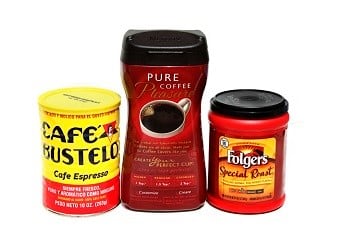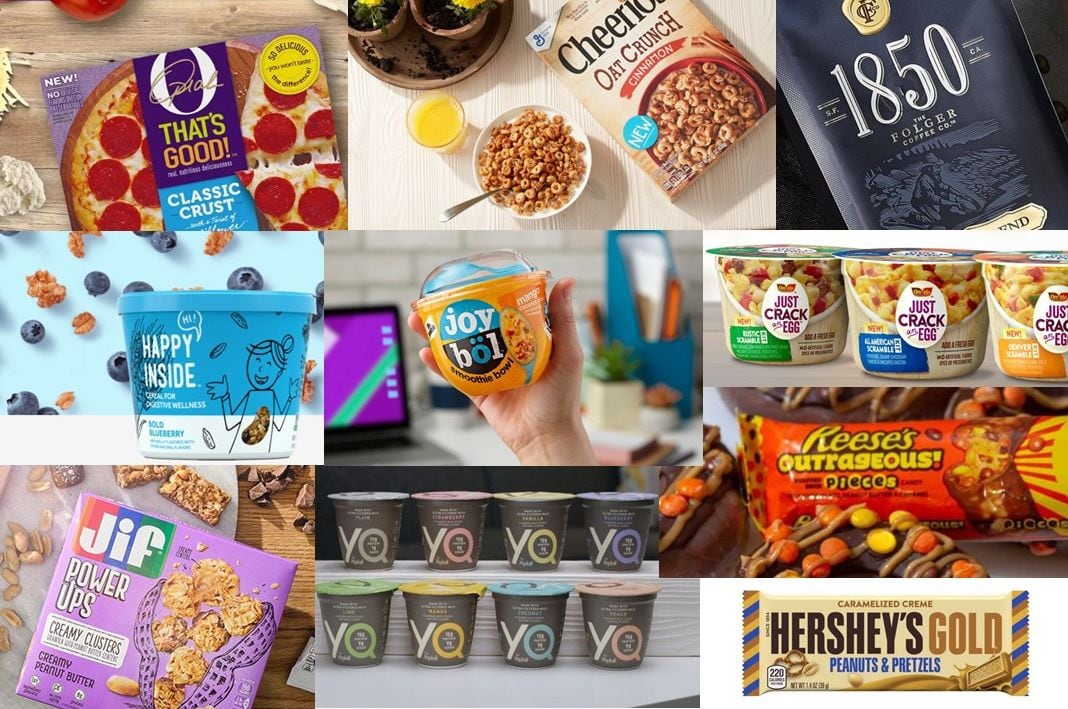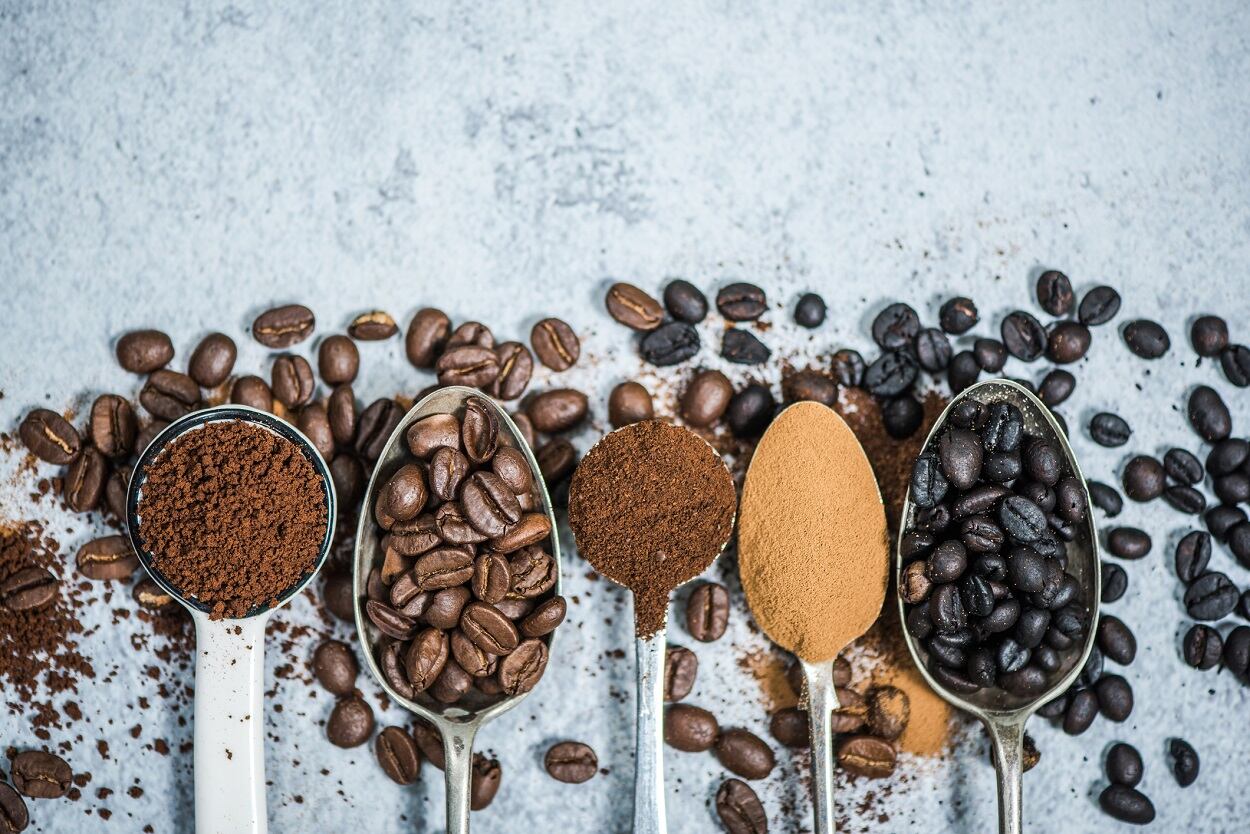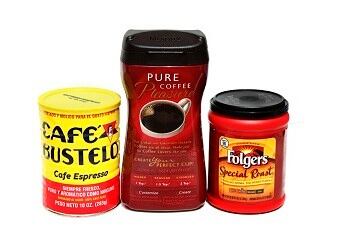The company also is innovating new flavor profiles and delivery formats across its other coffee brands, including Café Bustelo and Dunkin’, and investing in dynamic marketing campaigns targeted at younger consumers who want more from coffee than a jolt of caffeine to start their day.
“Coffee is a very dynamic category,” and in the last 10 years since The JM Smucker Co. entered the segment with the acquisition of Folgers from Procter & Gamble “we have seen so much change in the coffee landscape and consumer preferences and trends,” Joe Stanziano, senior vice president and general manager of JMS Coffee Portfolio, told FoodNavigator-USA.
He explained that to meet consumers’ evolving demands, The JM Smucker Co. is cultivating a diverse portfolio of options that will ensure the company’s brands continue to fill the cups of more consumers at home than any other manufacturer.
Darker roasts for a brighter future
One of the most influential changes in coffee culture that The JM Smucker Co. is watching is the rise of café culture, which attracts young consumers with dark roasts and espresso-based drinks that they blend with a heavy pour of cream and sugar, said Tina Meyer-Hawkes, vice president of marketing of coffee for the company.
“As we look at our future innovation, a lot of it is around darker roast coffee and really leveraging where consumers are going ... and ensuring that we have those offerings within our brands that also are unique to our brands,” she told FoodNavigator-USA.
For example, she noted, “coming out this summer, we will have Folgers Noir, which is all around four different blends of dark coffee and helping consumers really navigate dark coffee in different ways, including understanding the different notes of coffee, but in a very approachable way.”
The company also will bring the café experience into homes with another new launch this summer that will build on its partnership with Dunkin’, which recently rebranded from Dunkin’ Donuts so that it could focus more on its beverages, Meyer-Hawkes said.
The new line, called Signature Series, will “talk more about the different types of beans, offer more of an espresso-based coffee experience, that is in sync with the type of activities [Dunkin’ offers in stores] at the same time,” she said.
She explained that The JM Smucker Co. is able to replicate the in-store experience at home by relying on “very well trained cuppers with decades of experience” at Smucker and Dunkin’ who work together to ensure the “wet cup” – or final cup the consumer will experience at home – matches what they expect in stores.
Embracing the café culture
The JM Smucker Co. also is tapping into this shift towards darker blends with its Café Bustelo, “which is such a bold experience that when you add cream and sugar it brings out those flavor notes even more and replicates [the darker roasts that younger shoppers] have grown up on in coffee shops and are now looking to bring home from the grocery store,” Meyer-Hawkes said.
The brand is also rooted in small coffee shops and culture of Miami and New York, were it was traditionally sold out of small store front windows to people who had waited in line for hours for their Café Bustelo, she added.
“Café Bustelo really is a cultural experience and there is a lot of passion around the brand and it comes to life in the legacy of the brand,” she said.
She explained that The JM Smucker Co. is striving to keep this legacy alive with popup cafes over the last few years in both legacy markets, like Miami and New York, and in growth markets, like Chicago, Houston and California.
“These popups, which are basically extended experiences over a long weekend, offer customers a chance to enjoy the coffee and hear music and they can bring their family. They usually involve artists or musicians and really bring that café experience to life for a period of time. We also get fantastic influencers and offer the ability to buy coffee through Amazon when you are in the café,” Meyer-Hawkes said. “We are really trying to keep that authenticity and bring that with the brand to the masses.”
Democratizing third wave coffee
Another trend the company is watching is the swelling “third wave of coffee,” which is “focused more on the bean and understanding the different varieties from different countries, whether that is Ethiopian or Kenyan, and bringing that influence into the mainstream” Stanziano said.
Early adopters of this trend include brands like Intelligentsia and Stumptown, which are beginning to expand from regional to national brands, he said.
He added that The JM Smucker Co. wants “to take some of that influence and democratize it for the masses at an affordable price point. So, that is one thing we are keeping a keen eye on and one of the trends we want to make very approachable for consumers.”
He pointed to the company’s cold brew coffee kit under its Dunkin’ brand as another example of how Smucker is making third wave coffee trends accessible in the home.
Celebrating history
Even as the company expands its portfolio to appeal to younger consumers, it is celebrating its roots through brands like 1850.
“1850 really came out of Folgers. So we were looking at what is next for Folgers, how do we make sure we keep that brand healthy and strong for many decades, and we came to uncover a nugget that was a great thread for existing and new customers alike, and that was the heritage of the cup and what is behind these brands,” Meyer-Hawkes said.
She explained that Folgers has been around since 1850 when J.A. Folger served coffee to miners during the gold rush.
“So, that was our inspiration to create really fantastic blends of coffee that have names inspired by that time, but that are blended to be very relevant to today’s consumers,” she said, noting that the strategy has resulted in the brand over-indexing with millennials who are particularly drawn to the authentic backstory of the brand.




